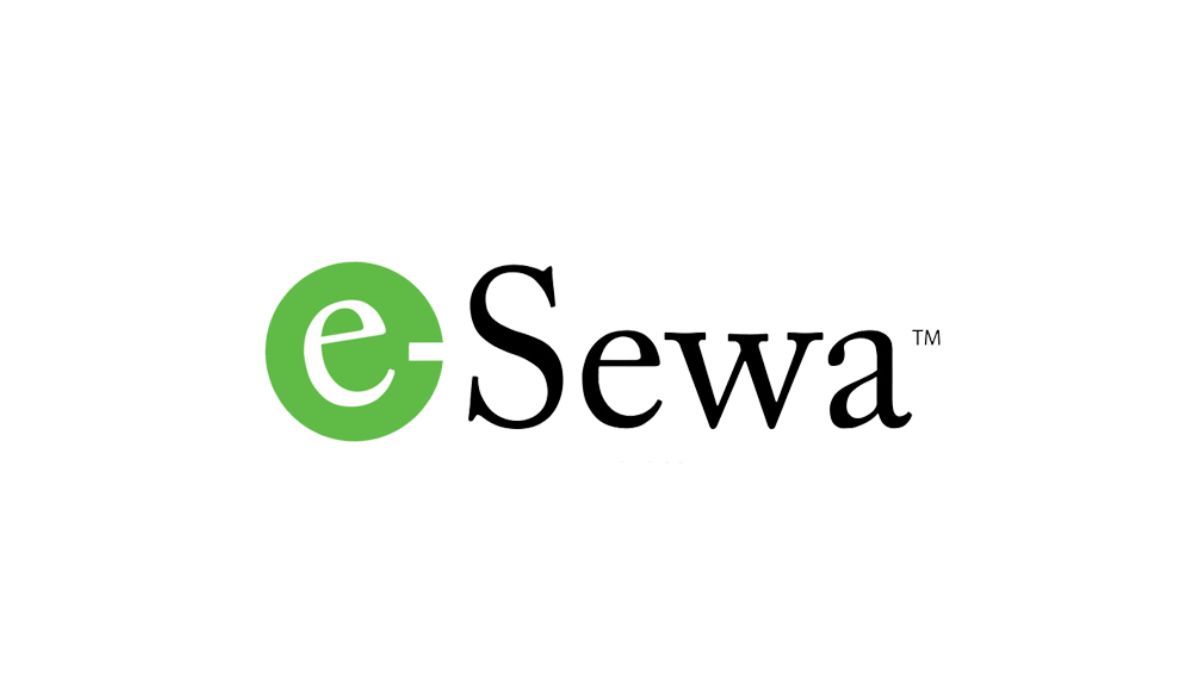Lately, there has been a lot of talk about “Digital Nepal”, government has come up with plans to modernize (digitize) various sectors like agriculture, health, education, finance and etcetera. On January, speaking on NTV’s 34th anniversary, honorable Prime Minister KP Sharma Oli said, “Nepal has been moving one-step ahead with modernization every day in every sector. We have been moving forward with the national goal — economic prosperity, good governance and prosperous Nepal on the basis of gained achievements.” To achieve this goal of a Digital Nepal, awareness among every citizen about a digital community and the successful development of prerequisites of a digital economy are very much important.
So, let’s start with “What is a Digital Nepal?”
Digital Nepal is a vision of a country with blooming digital prosperity, where each one of us have access to, and are using digital technology for increasing our productivity and leading a better life style. In a digital Nepal, all of us will have access to internet connection, and will be able to conduct transactions electronically. Moreover, in a Digital Nepal, with the help of technology, we will be able to come up with new innovations. There are some fundamentals without which a digital Nepal will not be possible. They are:
- Digital Connectivity
- Digital Literacy
- Digital Finance
- E-commerce platform availability
- Digital Government
Digital Connectivity:
Digital connectivity in common terms refers to the access to fast and reliable internet connection allowing users to take benefits from smart and digital services. In Nepal, digital connectivity is considerably improving since the last few years along with an increase in access to mobile services. Moreover, government plans on the entire population of Nepal to have access to the Internet with 90% of the population to having access to broadband services by 2020. The success of these plans will create a favorable environment for the digital Nepal.
Digital Literacy:
Digital Education remains a major pain point for Digital Nepal. Even as the mobile penetration and digital connectivity are increasing, more than 90% of schools in Nepal lack digital connectivity. This is expected to change and government aims to provide digital literacy skills to 75% of the population with the help of digital labs and training centers set up in village development committees and municipal offices.
Digital Finance:
Digital finance is one of the fundamentals for a Digital Nepal, but, at the same time it remains one of the biggest hurdles. Only 47.2% of the adult population are formally linked with a financial institution through a bank account. With this, Nepal continues to be a cash-based economy. In an effort to overcome this challenge, financial services institutions, IT companies and telecom operators are collaborating for developing a digital financial services ecosystem. Moreover, the government has plans of digitizing government payments and revenue collection like tax payments, and implementing laws for electronic transactions to facilitate and govern digital payments. Fintech start-up such as eSewa, Fonepay, etc. are continuously working for digital inclusion with services like Scan and Pay being installed in businesses in every nook and corner of the country.
E-commerce platform availability:
For a truly digital economy, e-commerce platforms are a necessity. From groceries, to clothing, electronics, skincare products and etc., everything needs to be available online. Also, people should be able to pay for the products online and possibly get it delivered right at their doorstep. In Nepal, there are already e-commerce platforms like sastodeal, eSewapasal, meroshopping, etc. with online payment gateways like eSewa integrated in their websites. But, many of the e-commerce platforms are limited to urban areas only and for a truly digital Nepal, they need to expand availability to all places of Nepal.
Digital Government:
Lastly, one of the essential requirements for a Digital economy is the formation of a Digital government. Government of Nepal already plan to introduce Digital Identity cards for citizens. Moreover, the government is planning for automation of land registration process, Government of Nepal App, Digital Signature, etc. As government further adopts digital technologies, Nepalese will be able to vote electronically, and make payments for public services like electricity, tax, public transportation, healthcare online.
Even though, there are plenty of activities that needs to be performed for a Digital Nepal, growth in Fin-tech and increasingly positive attitude of citizens towards digital financial transactions seem to make Digital Nepal an achievable goal. Now, Nepal needs to work collaboratively for expanding digital connectivity, providing digital literacy to all the citizens, expanding access to digital finance to remote areas and developing a digital government.







